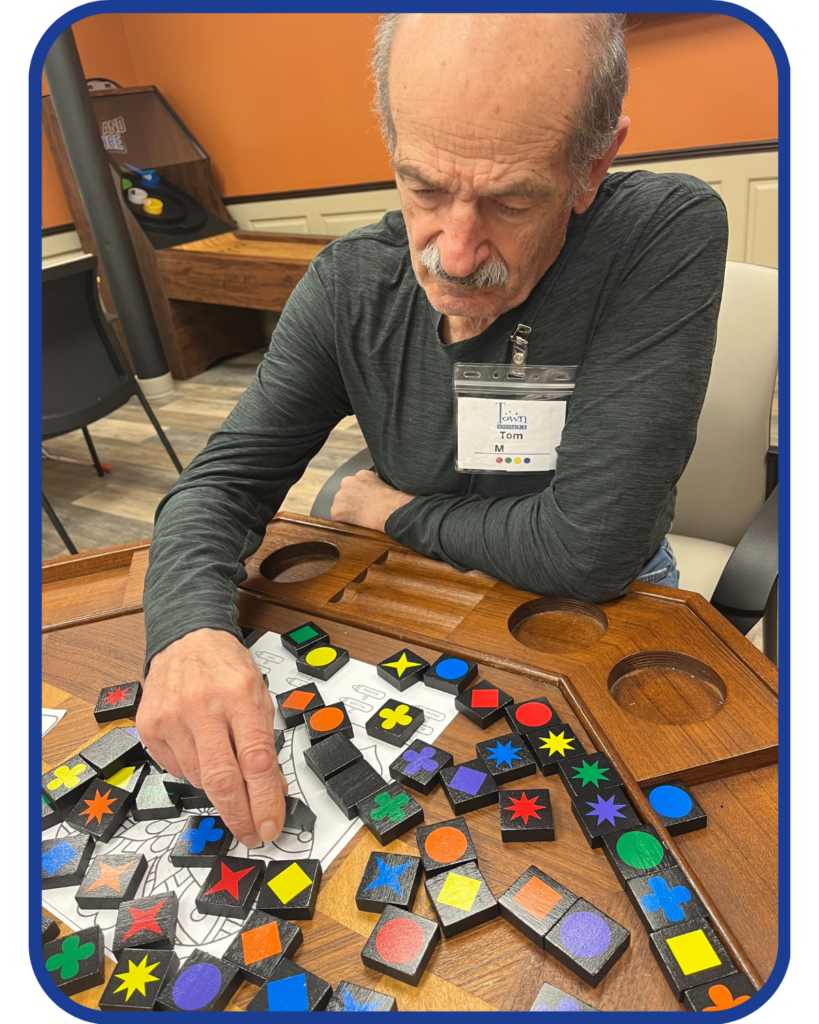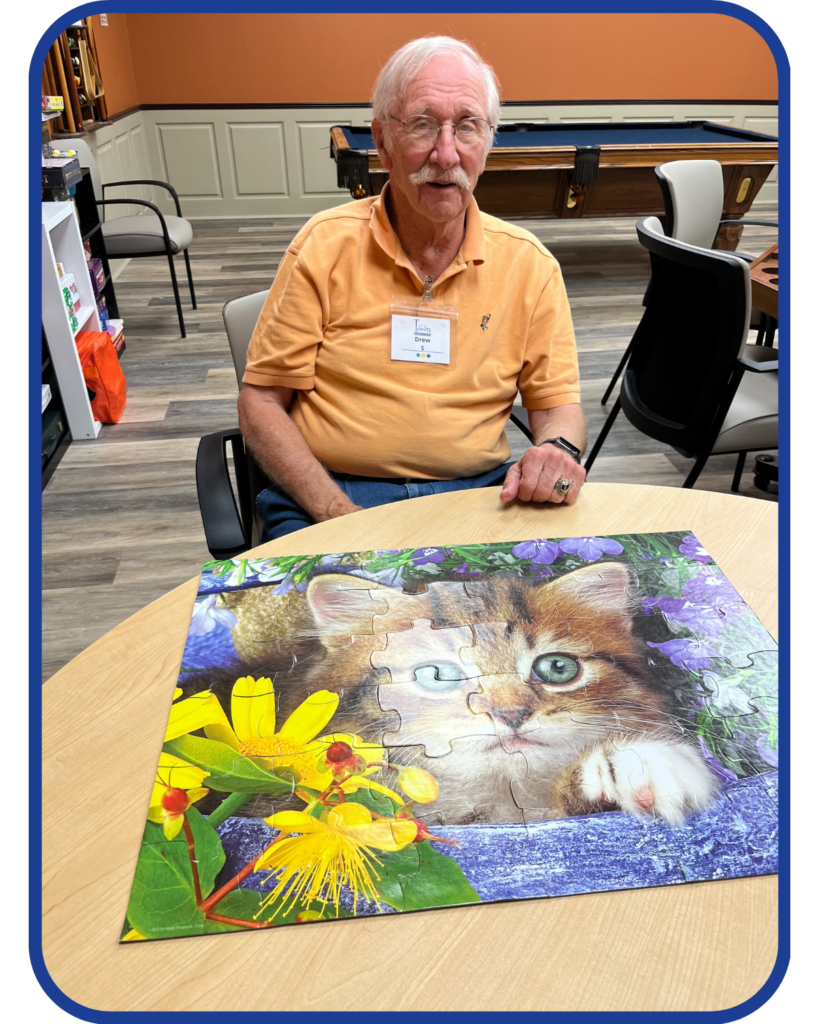How to Help Seniors Maintain Their Minds and Memories: A Holistic Approach
In the United States, almost 40% of people aged 65 and above experience age-related memory impairment, highlighting the vital link between memory and mental health. As caregivers, understanding and implementing strategies to help seniors maintain cognitive function becomes crucial for enhancing their overall quality of life.
Maintaining Memory: Strategies for Cognitive Well-being
In many ways, the intricacies of the mind remain a scientific mystery, and ongoing efforts are dedicated to unraveling its complexities. However, one certainty stands out: neglecting your brain can lead to deterioration. Ensuring its health not only aids in day-to-day activities but also significantly reduces the risk of Alzheimer’s disease and other memory-related problems

Reading, a potent cognitive activity, provides unique benefits to the mind and memory that watching TV doesn’t offer. The Mayo Clinic Study of Aging emphasizes that reading books can result in a 50% decrease the risk of developing dementia. Aim to open a book for at least thirty minutes every day. If sustained reading is challenging, consider spreading it out over the day or exploring shorter stories.
Living near a college, university, community college, or adult education center opens up opportunities for classes that can invigorate the mind. Sitting in a classroom, engaging in learning, and observing can be a fantastic way to keep the mind agile, providing intellectual stimulation and rejuvenation. Many educational institutions offer scholarships, tuition waivers, or discounts for seniors.
Engaging in mind-bending games not only entertains but also contributes to brain health. According to a study in the Archives of Neurology, playing games can be instrumental in preventing Alzheimer’s disease. Spending just a few minutes daily on activities like solving puzzles or playing card and board games can enhance creativity, memory, and decision-making abilities.
Whether recalling fond memories of childhood music lessons or venturing into uncharted musical territory, learning to play an instrument holds significant benefits. Recent studies show that after only four months of playing an instrument for an hour a week, seniors experienced improved brain areas related to hearing, memory, and hand movement. Explore private or group adult music classes through community programs, conservatories with extension programs, or music stores.
Ditch the keyboard and opt for a pencil. Research from the Journal of Cognitive Neuroscience highlights that handwriting stimulates brain areas responsible for thinking, language, and memory. Engage in writing about memories, observations, and recent experiences, or let creativity flow by crafting fictional stories.
Factors Affecting the Memory
The brain is part of the body. Seniors’ physical health will affect cognitive function, including memory. Pay attention to factors that affect memory, like:
Physical Activity: Exercise is good for the brain. Activity promotes good circulation, so your mind gets the oxygen it needs. Plus, your brain and memory both work when you have to make coordinated motions or follow a workout routine.
Nutrition: Brains need fuel. Research by Harvard University shows that diets high in saturated fat can inhibit memory, while healthy diets rich in fish, whole grains, fruits, and vegetables are good for maintaining a healthy memory.
Sleep and Rest: A tired brain can’t devote as much energy to making or storing memories. Seniors should get plenty of sleep.
Sources: Harvard Health Publishing | Everyday Health
 Easy Everyday Brain Training
Easy Everyday Brain Training
Choose a couple of these training exercises to work the brain every day:
- Do crossword puzzles
- Memorize something
- Write down one new thing you’ve heard or learned
- Play a challenging game
- Choose a topic to research
- Take a class or listen to a lecture
- Use your non-dominant hand for a simple activity
- Practice using all your senses
- Repeat something you’ve learned to someone else
Effects of Memory-Related Impairments
Normal age-related memory loss is not as dangerous as memory-related illnesses. However, it can still impact a senior’s quality of life. Help seniors recognize the normal effects of memory loss so they can adapt and stay safe.
Common effects of memory loss are:
- Misplacing items
- Delayed critical thinking skills
- Forgetting appointments or directions
- Needing new information repeated in order to remember it
By integrating these strategies into caregiving routines, caregivers can play a pivotal role in enhancing the cognitive well-being of seniors. Recognizing the importance of memory vitality fosters a healthier aging process. It empowers caregivers and seniors to adapt and thrive despite age-related challenges.
 Caregiver Tip
Caregiver Tip
Although age-related memory loss is common and may not have serious side effects, memory-related illnesses like dementia, including Alzheimer’s disease, can be dangerous. Learn the warning signs, like mixing up words or mood swings. Source: Mayo Clinic


